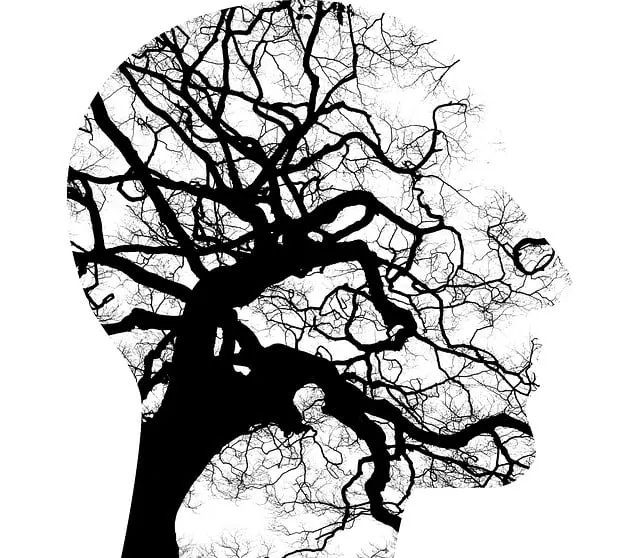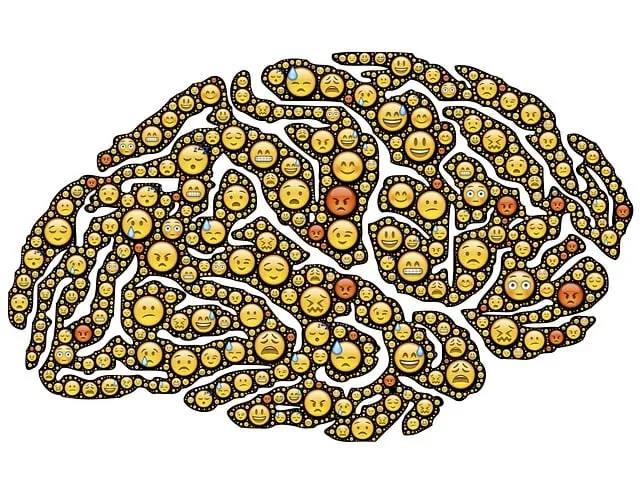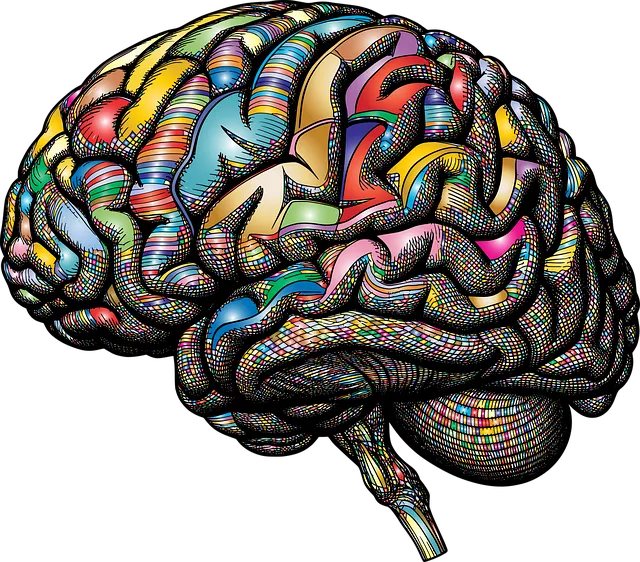Kaiser's Inpatient Mental Health Services in Arvada offer specialized care with a holistic approach, employing evidence-based treatments like Mental Wellness Coaching and social skills training. They address diagnosis challenges through comprehensive care, public awareness, stress management, and culturally competent practices. Advanced assessment tools and CBT training for professionals enhance diagnosis accuracy, improving mental health outcomes. (SEO keywords: does Kaiser have inpatient mental health Arvada)
Mental illness diagnosis accuracy is a critical aspect of patient care, and continuous improvement efforts are essential. This article explores how Kaiser’s inpatient mental health services in Arvada are enhancing diagnosis processes. By delving into the challenges—from common misconceptions to complex presentations—we uncover strategies to improve accuracy. Understanding these efforts is vital for optimizing patient outcomes, especially considering Kaiser’s specialized approach to mental healthcare in this region.
- Understanding Kaiser's Inpatient Mental Health Services in Arvada
- Challenges in Diagnosing Mental Illness: Common Obstacles and Misconceptions
- Strategies to Enhance Diagnosis Accuracy and Improve Patient Care
Understanding Kaiser's Inpatient Mental Health Services in Arvada

Kaiser’s Inpatient Mental Health Services in Arvada offer specialized care for individuals experiencing severe mental health crises. These services cater to a range of needs, ensuring comprehensive support for patients’ immediate and long-term recovery. The facility provides an environment conducive to healing, where trained professionals offer evidence-based treatments tailored to each patient’s unique circumstances.
Focusing on holistic wellness, Kaiser Arvada incorporates various therapeutic approaches, including Mental Wellness Coaching Programs Development, which equips individuals with coping strategies for managing symptoms effectively. Additionally, the integration of Mental Wellness Journaling Exercise Guidance encourages self-reflection and emotional awareness, fostering a deeper understanding of one’s mental state. Furthermore, Social Skills Training plays a vital role in rebuilding connections and enhancing overall mental wellness by teaching essential interpersonal skills.
Challenges in Diagnosing Mental Illness: Common Obstacles and Misconceptions

Diagnosing mental illness accurately can be challenging due to several factors. One significant obstacle is the complexity and wide range of symptoms associated with various mental health conditions, which often overlap, making differentiation difficult. Additionally, many individuals may present with subtle or unique manifestations, leading to misdiagnosis or delayed identification. The absence of standardized criteria across healthcare providers further complicates the process.
Misconceptions about mental illness also contribute to diagnostic challenges. Stigma surrounding mental health issues can cause people to underreport symptoms or resist evaluation, hindering early intervention. Moreover, cultural differences and individual experiences shape how symptoms manifest, requiring culturally sensitive approaches for accurate assessment. Kaiser’s inpatient mental health services in Arvada address these complexities by offering comprehensive care, leveraging Public Awareness Campaigns Development initiatives, promoting Stress Management techniques through Mental Wellness Journaling Exercise Guidance, and ensuring culturally competent practices to enhance diagnosis accuracy.
Strategies to Enhance Diagnosis Accuracy and Improve Patient Care

Improving diagnosis accuracy for mental health conditions is a multifaceted approach, particularly in diverse healthcare settings like Kaiser’s inpatient facilities in Arvada. A key strategy involves integrating advanced assessment tools and evidence-based practices. This includes utilizing structured clinical interviews and standardized questionnaires to gather comprehensive patient histories, which can help identify subtle symptoms often overlooked in initial evaluations.
Additionally, training mental health professionals in cognitive behavioral therapy (CBT) techniques enhances their ability to diagnose and treat common disorders like anxiety effectively. CBT not only focuses on identifying negative thought patterns but also offers practical tools for anxiety relief and boosting confidence. By combining these strategies, healthcare providers can ensure more precise diagnoses, leading to tailored treatment plans that address the unique needs of each patient, ultimately improving overall mental health outcomes.
In light of the challenges surrounding mental illness diagnosis, Kaiser’s inpatient mental health services in Arvada offer a promising approach. By understanding the common obstacles and misconceptions, we can implement strategies to enhance diagnosis accuracy. These efforts are crucial for improving patient care, ensuring folks receive the appropriate treatment, and fostering a more supportive environment. In terms of navigating the complex landscape of mental health, this is a significant step towards revolutionizing care, making it accessible and effective for all. Remember that, in today’s digital era, recognizing and addressing these issues promptly can lead to a profound metamorphosis in patient outcomes.






